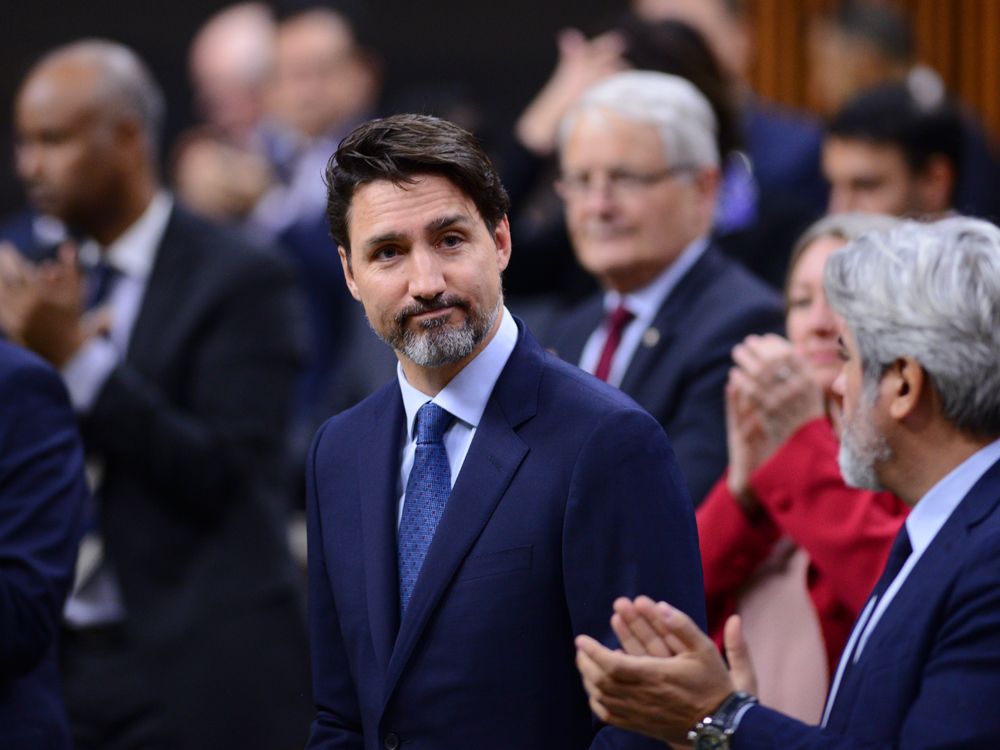February began well for the energy industry and Western Canada.
The Supreme Court summarily struck down British Columbia’s clumsy attempt to block completion of the Trans Mountain Expansion Project (TMX), declaring what everyone already knew: the B.C. legislation violated federal jurisdiction over interprovincial trade and commerce.
The Federal Court of Appeal ruled Ottawa had fulfilled its “duty to consult” on TMX and could proceed. It also explicitly stated that “duty to consult” does not entail an Aboriginal veto over pipelines and other major infrastructure.
B.C. Premier John Horgan accepted both decisions and also went on the offensive in defence of Coastal GasLink — an LNG project that will export natural gas to growing Asian markets at world prices.
The Minnesota Public Utilities Commission ruled Enbridge’s proposed Line 3 replacement had met all legal requirements to proceed, echoing the Nebraska Supreme Court’s approval last fall of Keystone XL pipeline’s route through that state, ending a decade-long permitting battle.
In was only February but for Alberta and Saskatchewan, it looked like spring had come early. But of course it hadn’t.
First came news the budget for TMX had soared from its original $7.4 billion to $12.6 billion, mainly because of delays, litigation and additional security costs. Announced in 2012, TMX was supposed to have been operational by the end of 2017. But it ran into non-stop legal challenges — 17 and counting — from climate and Aboriginal groups. As opponents have become more militant, security costs have soared from $20 million to $200 million. When the Trudeau government bought TMX from Kinder Morgan, it promised to sell the pipeline once it was completed. The government bought it for $4.5 billion. Will there really be buyers at $12.6 billion dollars? Or will Canadian taxpayers take a fearsome haircut?
This 70 per cent cost over-run confirms to TMX’s opponents that their death-by-delay “lawfare” is working. Even worse, it confirms to international investors that Canadian energy projects have become risky business.
Then came the media leak that the Liberal cabinet may not approve the Teck Frontier oilsands mine in Alberta despite a joint federal-provincial review panel having found it was “in the public interest.” The Teck mine decision, due by the end of the month, quickly took on a symbolic importance much greater than the mine itself. The Saskatchewan and Alberta governments are warning that a “No” will send a clear message that Canada is closed for energy business and will deepen the unemployment, investment and revenue crises for both provinces.
Climate change activists — including members of Justin Trudeau’s own caucus — are publicly challenging the prime minister to reject Teck. Accepting it, they argue, will mean Canada won’t meet its CO2 emissions reduction commitments. Some former supporters are already referring to him as “Justin Crudeau.” Ouch!
Since his election in 2015, Trudeau has tried to have it both ways on climate change and energy. He led the international climate crusade by going to Paris and promising 30 per cent reductions by 2030 and net zero emissions by 2050. He shut down Northern Gateway, allowed Quebec to block Energy East and enacted bills C-69 (the no pipelines ever bill) and C-48 (the oil tanker ban for the B.C. coast). On the other hand, he did buy TMX when Kinder Morgan finally gave up and he has also supported completion of Keystone XL and Enbridge Line 3 to U.S. markets.
In theory, playing it down the middle by giving half a loaf to each side is not unreasonable in the give-and-take of democratic politics. But such a strategy only works if both sides will accept their half loaf. And it now looks — Trudeau’s nightmare — like neither will.
Climate activists have elevated their opposition to energy development to a new level of militancy, blocking rail lines and shutting down access to ports and legislatures.
On the other side, Alberta Premier Jason Kenney and Saskatchewan Premier Scott Moe say that on climate policy they will not accept a double standard of one rule for Quebec cement plants but a different rule for Western energy projects. A rejection or even a delay in signing off on Teck Frontier will be considered proof positive that the Trudeau Liberals are willing to sacrifice the jobs of Western Canadians to win votes in Ontario and Quebec.
Premier Kenney has also warned that the Coastal GasLink protests are just a “dress rehearsal” for when construction begins on the final leg of TMX into Burnaby, B.C., and Vancouver harbour. He has challenged the prime minister to enforce the rule of law and arrest illegal protesters.
If Trudeau vetoes Teck or caves in to the protesters, Kenney will have little political choice but to proceed with his “Fair Deal” — reforms that would give Alberta Quebec-style autonomy with its own pension plan, police force and collection of personal income taxes. If Alberta were to go down this road, Saskatchewan would surely follow.
This is Justin Trudeau’s nightmare. He cannot abdicate federal responsibility for pipelines to the courts any longer. He has to make a real choice. If he goes one way, instead of being hailed as the “Green Prince,” he will be putting former supporters in jail and his minority government at risk. But the alternative is a rupture with the West and a national unity crisis unlike anything since his father’s National Energy Policy 40 years ago.
Financial Post
Ted Morton is a former minister of energy and finance in the Government of Alberta and an executive fellow at the School of Public Policy at the University of Calgary.






























